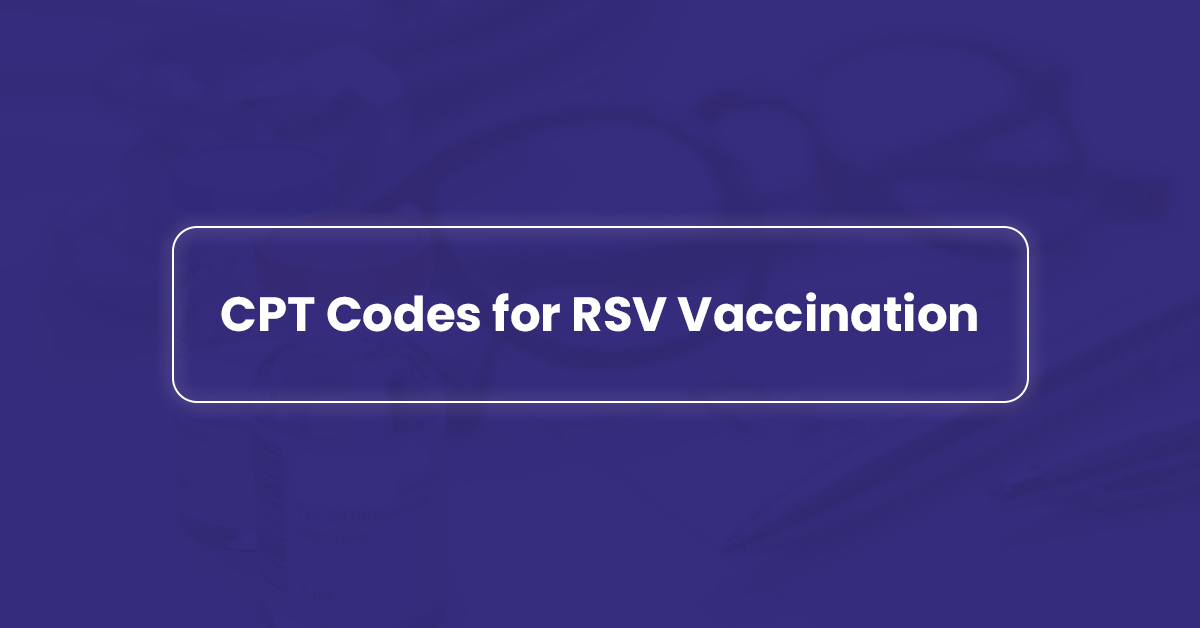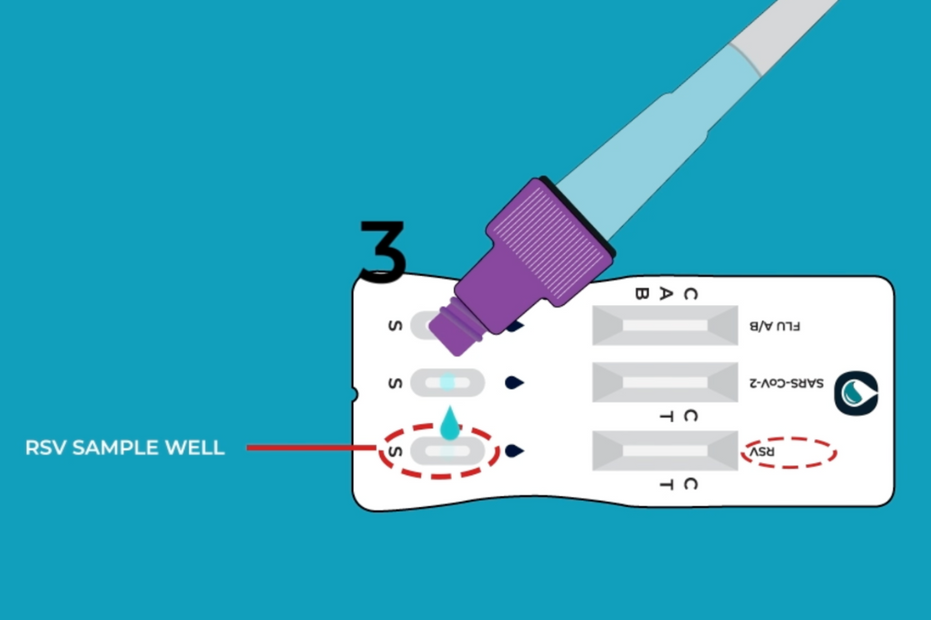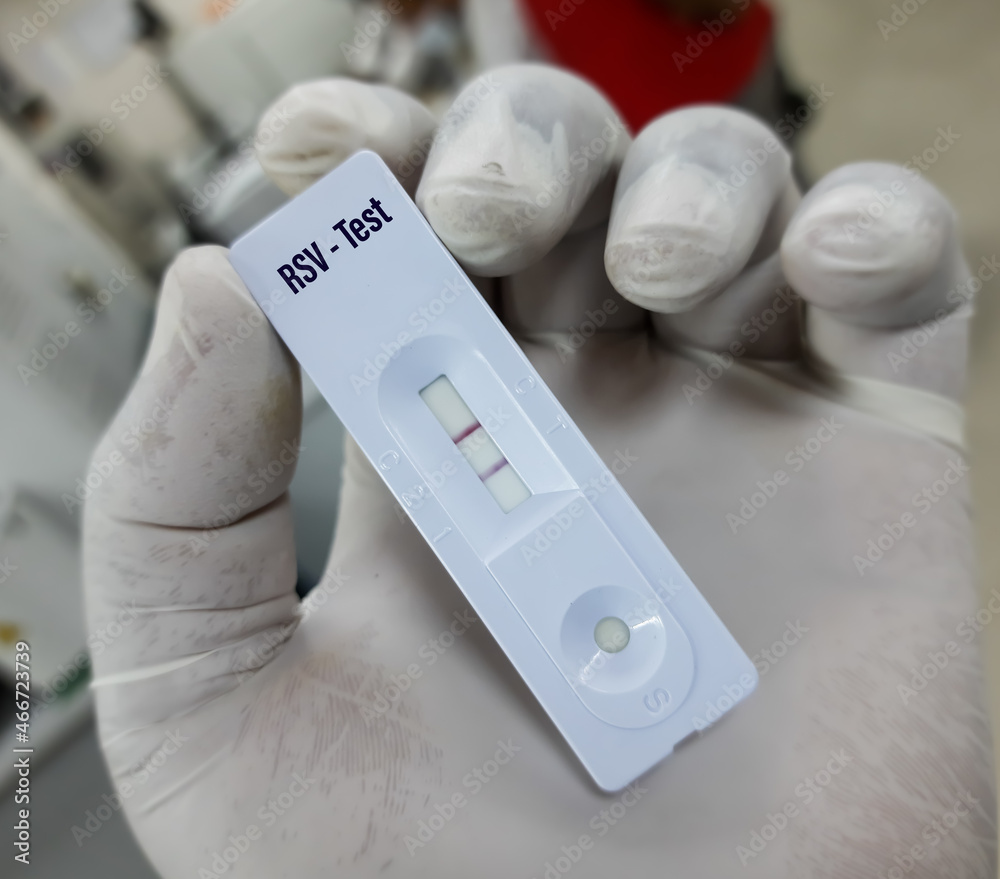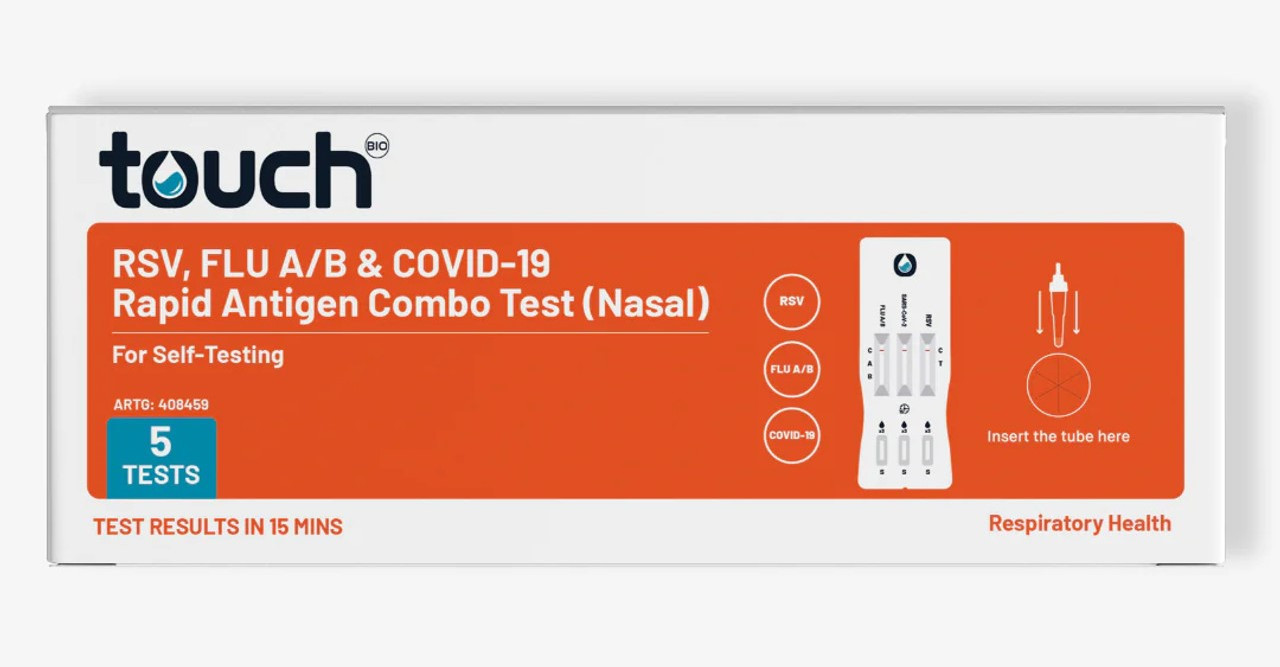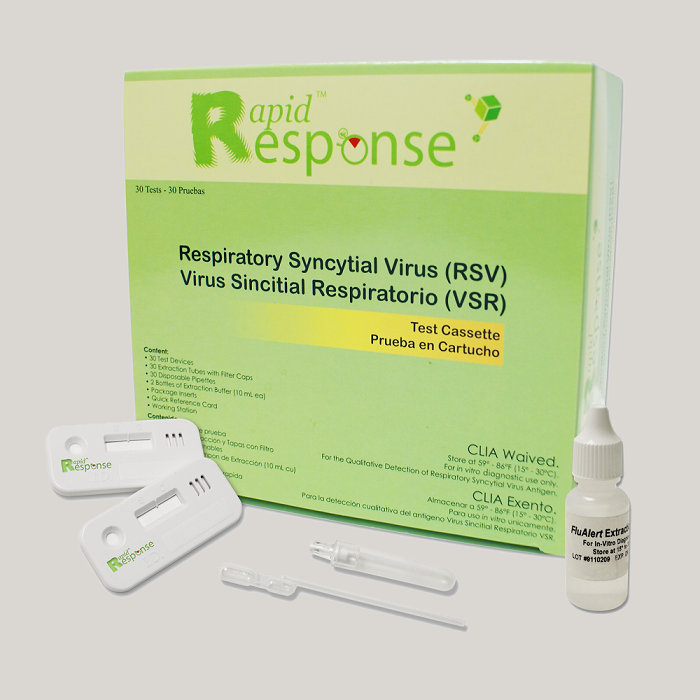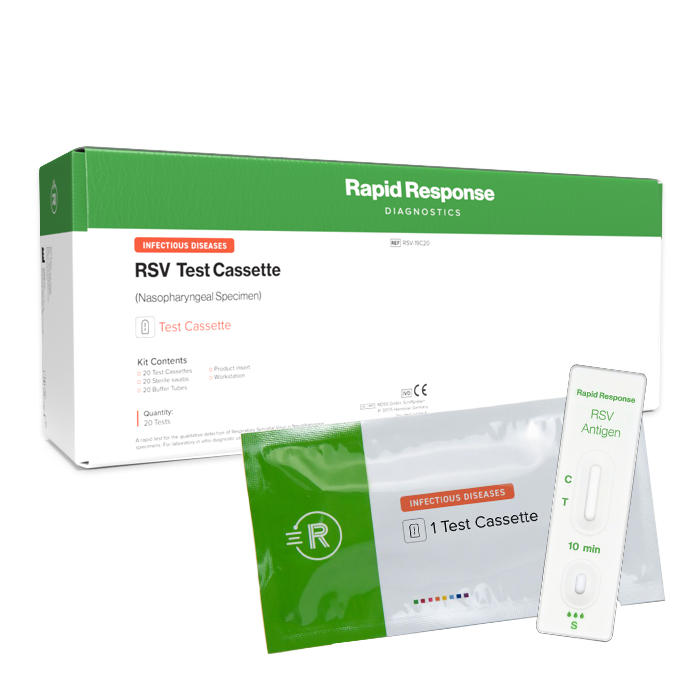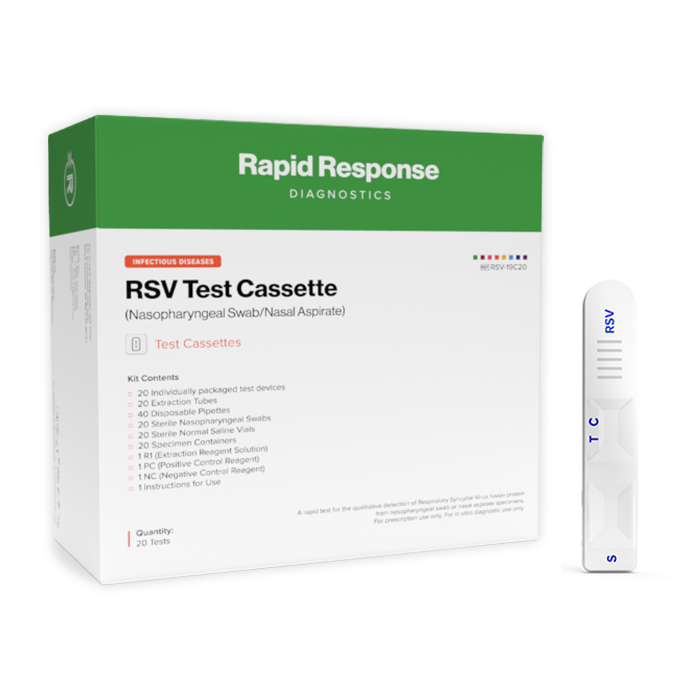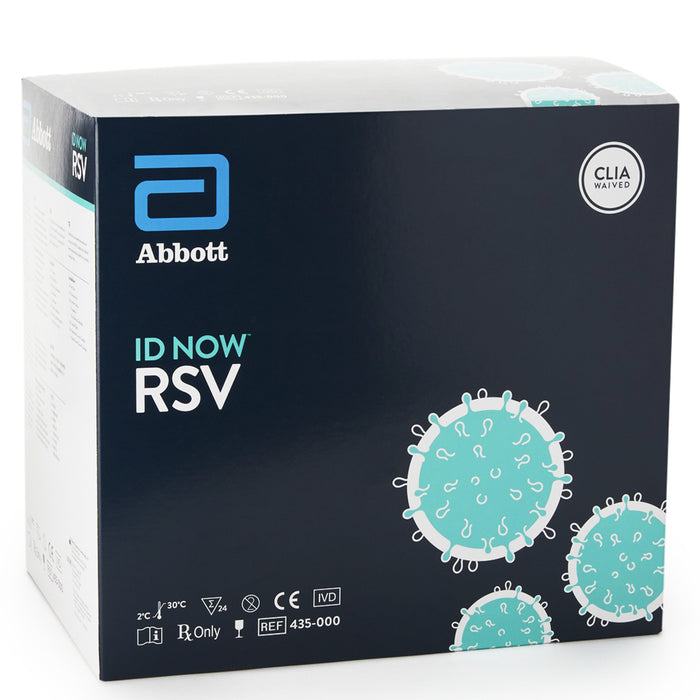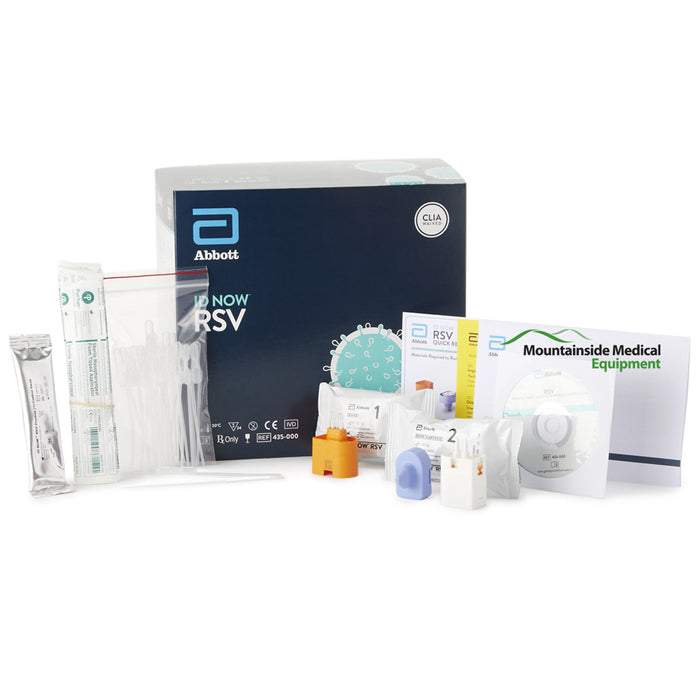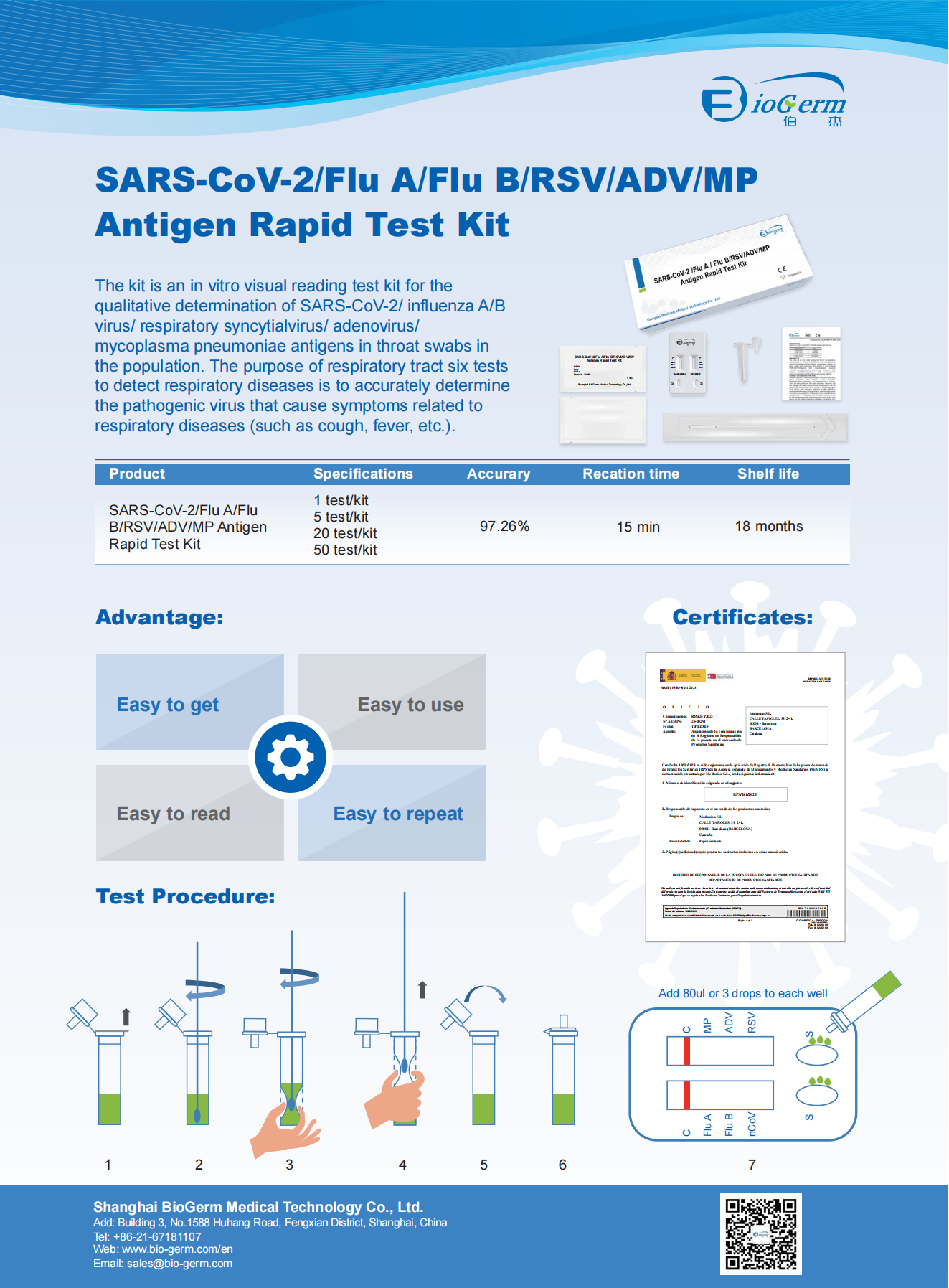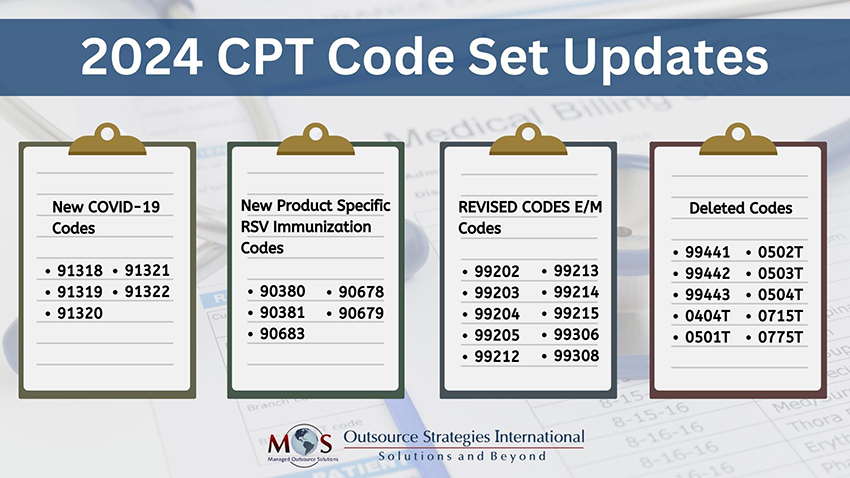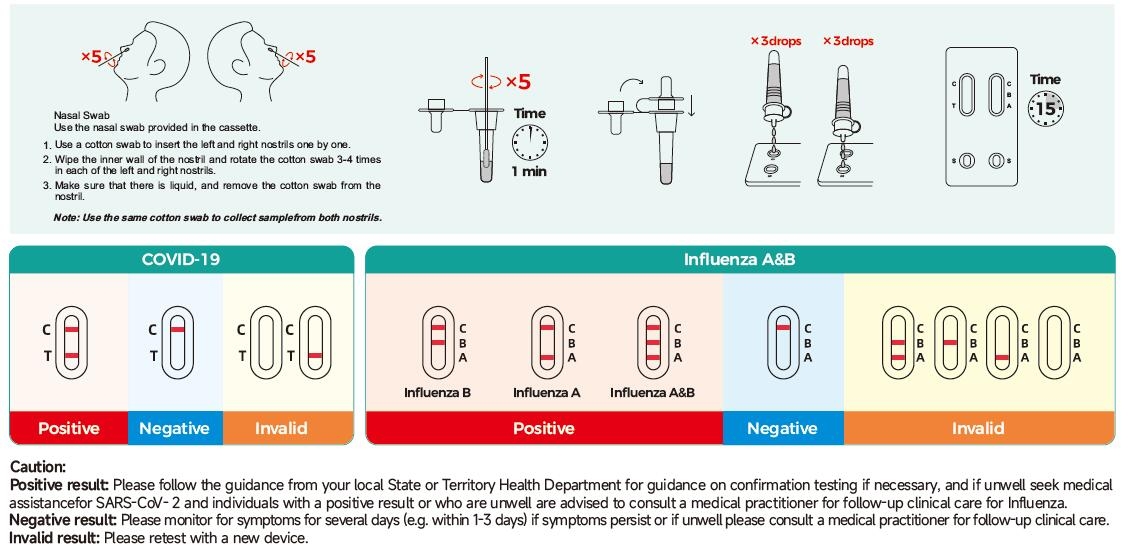Cpt Code For Rsv Rapid Test
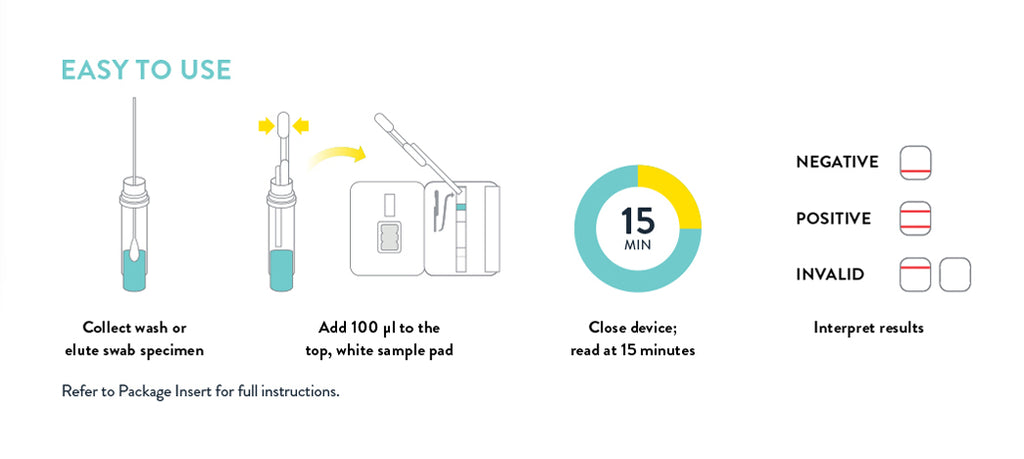
Imagine a bustling pediatrician's office on a crisp autumn morning. Tiny patients, bundled in colorful jackets, sniffle and cough, their worried parents close by. The air is thick with the anxiety of the season, a season often synonymous with the dreaded Respiratory Syncytial Virus, or RSV.
The key to navigating this seasonal surge of illness lies in accurate and timely diagnosis. Crucial to that diagnosis is understanding the Current Procedural Terminology, or CPT code, for the RSV rapid test. This code, 87807, is the medical community's standardized way to bill for and track this vital diagnostic tool, ensuring appropriate reimbursement and data collection.
Understanding CPT Code 87807
CPT code 87807 specifically refers to the "Infectious agent antigen detection by immunochemical technique, qualitative or semiquantitative; respiratory syncytial virus (RSV)." In layman's terms, it's the code used when a rapid test is performed to detect the presence of RSV antigens in a respiratory sample.
This rapid test is a game-changer, offering quick results that allow healthcare providers to make informed decisions promptly. It helps avoid unnecessary antibiotic prescriptions and initiate appropriate supportive care.
The Significance of Accurate Coding
Accurate coding isn't just about billing. It's about ensuring the healthcare system functions smoothly and that public health data is reliable. Proper coding ensures healthcare providers are reimbursed appropriately for their services.
It allows for accurate tracking of RSV cases, enabling public health officials to monitor outbreaks and allocate resources effectively. This is especially important during peak seasons when hospitals and clinics can become overwhelmed.
A Brief History of RSV Testing
RSV has been recognized as a significant respiratory pathogen for decades. However, early diagnostic methods were often slow and cumbersome. Traditional viral cultures could take days to produce results, delaying treatment decisions.
The development of rapid antigen tests revolutionized RSV diagnostics. These tests, often performed using nasal swabs or washes, can provide results within minutes, allowing for immediate intervention.
The introduction of CPT code 87807 standardized the billing and tracking of these rapid tests, further improving patient care and public health surveillance. It's a testament to the power of standardized medical coding in advancing healthcare.
How the Rapid Test Works
The rapid RSV test is an example of an immunochemical technique. It involves detecting specific RSV antigens in a patient's respiratory sample. These antigens are unique markers on the surface of the virus.
The test utilizes antibodies that are designed to bind specifically to these RSV antigens. If the antigens are present, the antibodies will bind to them, triggering a visual change, such as a color change on a test strip, indicating a positive result.
The procedure is relatively simple, involving collecting a sample from the patient's nose, mixing it with a reagent, and applying it to a test strip. The results are typically available within 10-15 minutes.
Implications for Patient Care
The rapid RSV test, and therefore CPT code 87807, has profound implications for patient care. For infants and young children, RSV can cause severe respiratory illness, leading to bronchiolitis and pneumonia. Rapid diagnosis allows for prompt supportive care, such as oxygen therapy and hydration.
For older adults and individuals with compromised immune systems, RSV can also pose a significant threat. Early detection can help prevent complications and improve outcomes. It helps healthcare providers quickly determine the cause of the symptoms.
Furthermore, a negative rapid RSV test can help rule out RSV infection. It can help guide treatment decisions, preventing unnecessary antibiotic use and other interventions.
Challenges and Future Directions
While rapid RSV tests are valuable tools, they are not without limitations. The sensitivity of these tests can vary, meaning they may not always detect RSV infection, especially in individuals with low viral loads.
Molecular tests, such as PCR (polymerase chain reaction), are more sensitive than rapid antigen tests. PCR tests can detect even small amounts of viral genetic material.
However, PCR tests are typically more expensive and require specialized laboratory equipment, making them less accessible in some settings. The future of RSV diagnostics may involve the development of more sensitive and accessible rapid tests. Continuous research is vital.
Reimbursement and Billing Considerations
Understanding the reimbursement landscape for CPT code 87807 is crucial for healthcare providers. Reimbursement rates can vary depending on the insurance provider, the geographic location, and the setting of care. It is important to check with specific payers to determine their reimbursement policies.
Proper documentation is also essential for accurate billing. This includes documenting the patient's symptoms, the rationale for performing the test, and the test results. Accurate and complete documentation supports the medical necessity of the test and ensures appropriate reimbursement.
It also helps to minimize the risk of claim denials. This contributes to the financial stability of healthcare practices and facilities.
The Bigger Picture: RSV Prevention and Treatment
While accurate diagnosis is crucial, prevention and treatment are equally important in managing RSV infections. Several preventative measures can help reduce the spread of RSV, including frequent handwashing, covering coughs and sneezes, and avoiding close contact with sick individuals.
For high-risk infants, such as premature babies, a monoclonal antibody called palivizumab can provide passive immunity against RSV. This antibody helps to prevent severe RSV disease in these vulnerable populations.
New vaccines and antiviral therapies for RSV are also under development, offering hope for more effective prevention and treatment strategies in the future. These advancements promise to further reduce the burden of RSV infection.
The Broader Impact
The simple code, 87807, represents more than just a billing procedure. It signifies a crucial component in the fight against a common, yet potentially serious, respiratory virus. Its impact extends beyond individual patient care, influencing public health strategies and resource allocation.
As winter approaches, bringing with it the familiar chorus of coughs and sniffles, understanding the role of the RSV rapid test, and its corresponding CPT code, becomes increasingly important. It's a small piece of a larger puzzle, but a vital one nonetheless, in ensuring the health and well-being of our communities.
